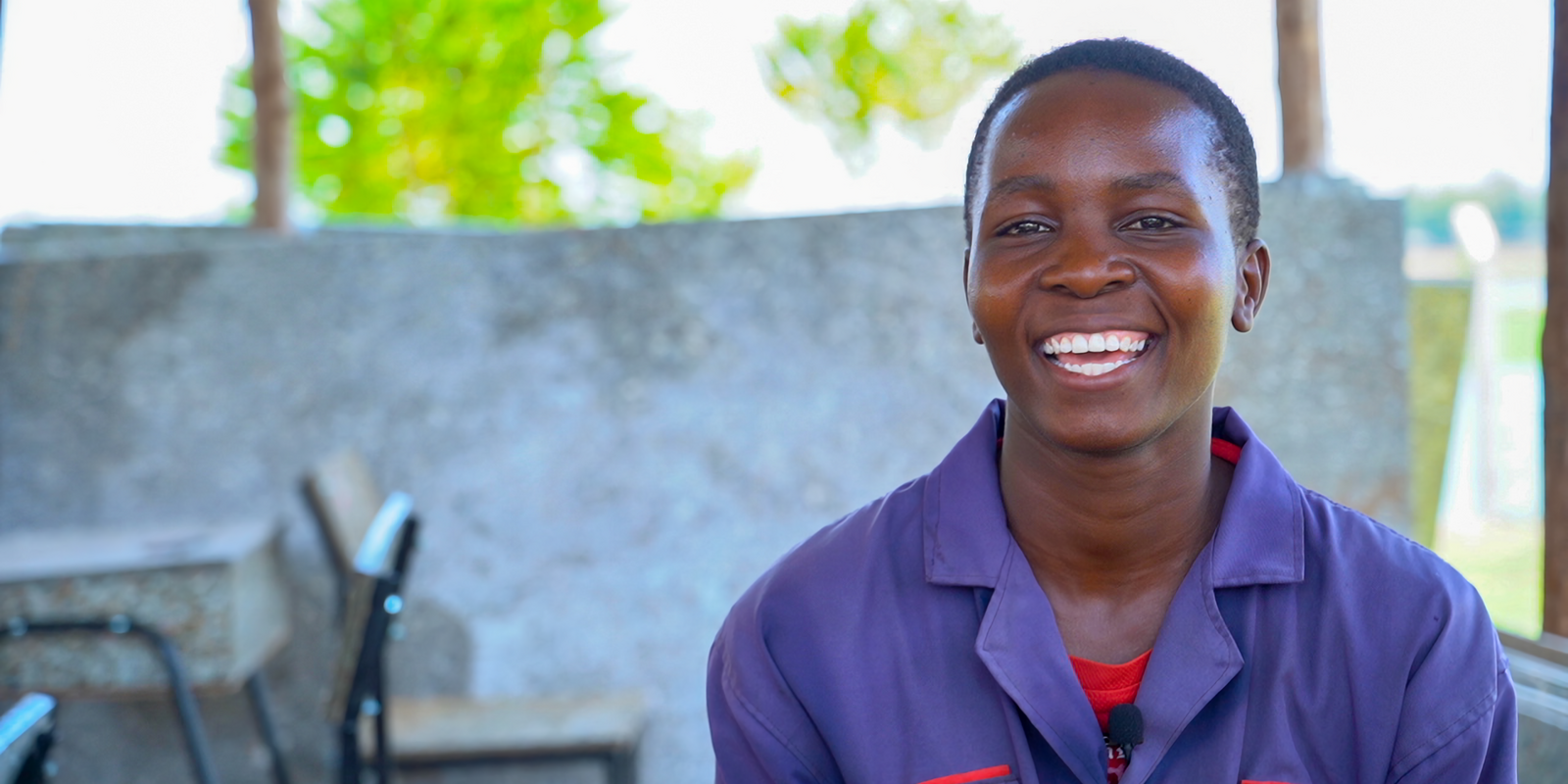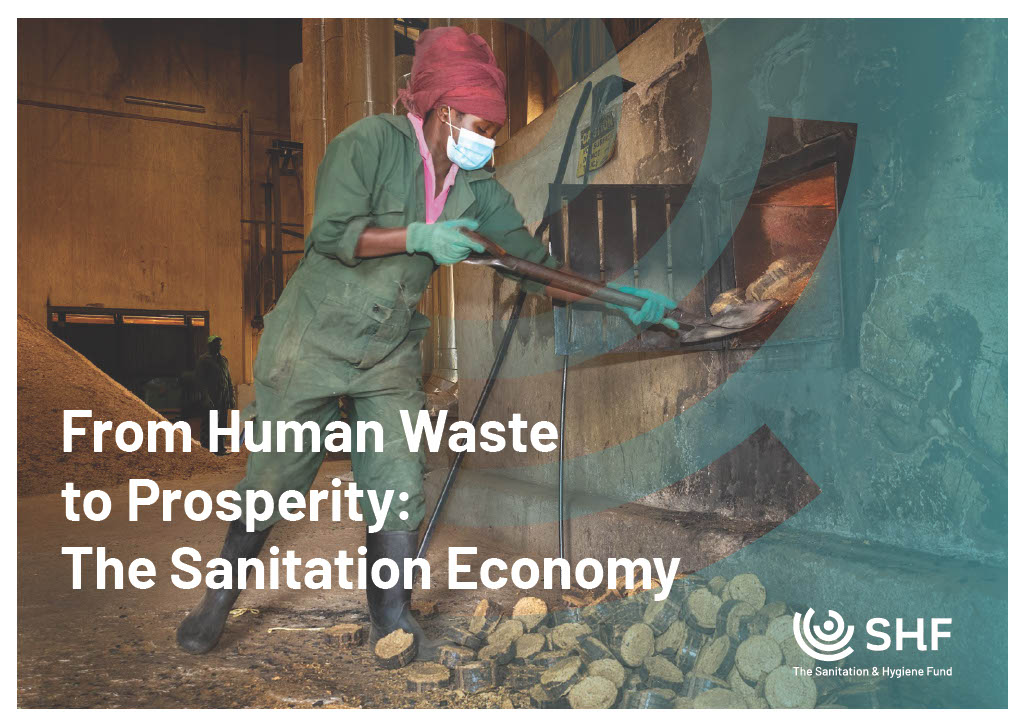In Kenya, approximately 40% of the population relies on unimproved or no sanitation (source: UNICEF/WHO), and 41% of the 15 million women and girls who menstruate every month rely on toilet paper, rags and other non-purpose made materials to manage their menstruation (source: RHSC).
Yet, the total value of the sanitation economy stood at US$ 1.7 billion in 2022 with the potential to reach US$ 2.8 billion, once universal access is achieved. The menstrual health market is also growing quickly, with the potential to reach USD 251 million by 2030, should current trajectories persist.
With strong Government leadership for sanitation and menstrual health issues in the country, market-based approaches offer the opportunity to unlock additional public and private financing to increase access while creating jobs and supporting economic growth.
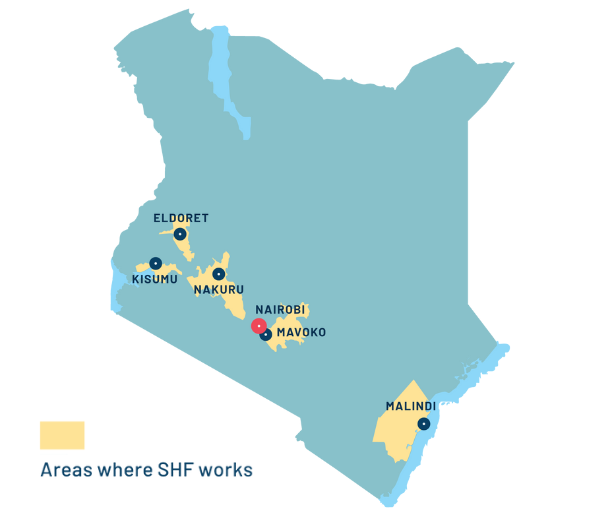

Driving Next Generation Sanitation markets and access in Kenya
SHF is working with the Government of Kenya to accelerate access to safely managed sanitation through Next Generation Sanitation. With over 80% of the population in the country not connected to a sewer system, this approach focusing on catalyzing funding to support non-sewered sanitation solutions presents a unique opportunity.
A key part of this approach is SANEMAT, the first dedicated Sanitation Economy Market Maturity Framework developed by SHF and being piloted in Kenya to identify bottlenecks, and inform decision-making, reforms and investments in the sector.
At the same time, SHF works with the public sector, including utilities at the country level, to implement required regulatory reforms and incentivize private sector actors for the provision and delivery of services.
...Read more
Driving Next Generation Sanitation markets and access in Kenya
SHF is working with the Government of Kenya to accelerate access to safely managed sanitation through Next Generation Sanitation. With over 80% of the population in the country not connected to a sewer system, this approach focusing on catalyzing funding to support non-sewered sanitation solutions presents a unique opportunity.
A key part of this approach is SANEMAT, the first dedicated Sanitation Economy Market Maturity Framework developed by SHF and being piloted in Kenya to identify bottlenecks, and inform decision-making, reforms and investments in the sector.
At the same time, SHF works with the public sector, including utilities at the country level, to implement required regulatory reforms and incentivize private sector actors for the provision and delivery of services.
Kenya has seen a rise in micro, small, and medium-sized enterprises (MSMEs) focused on building a sanitation value chain that safely collects, transports and treats waste. The SHF Kenya Market-Based Sanitation (KMBS) project implemented in partnership with WSUP supports the development of this promising private sector activity.
To further scale impact, SHF is launching the Sanitation Economy SME Support Program that will span Kenya and Uganda. This initiative aims to strengthen private sector contributions, build SME capacity, and address funding gaps in sanitation value chains.
Key SHF Partners- Ministry of Water, Sanitation and Irrigation, Kenya
- Water and Sanitation for the Urban Poor (WSUP) - Kenyan Bureau of Standards (KEBS) |
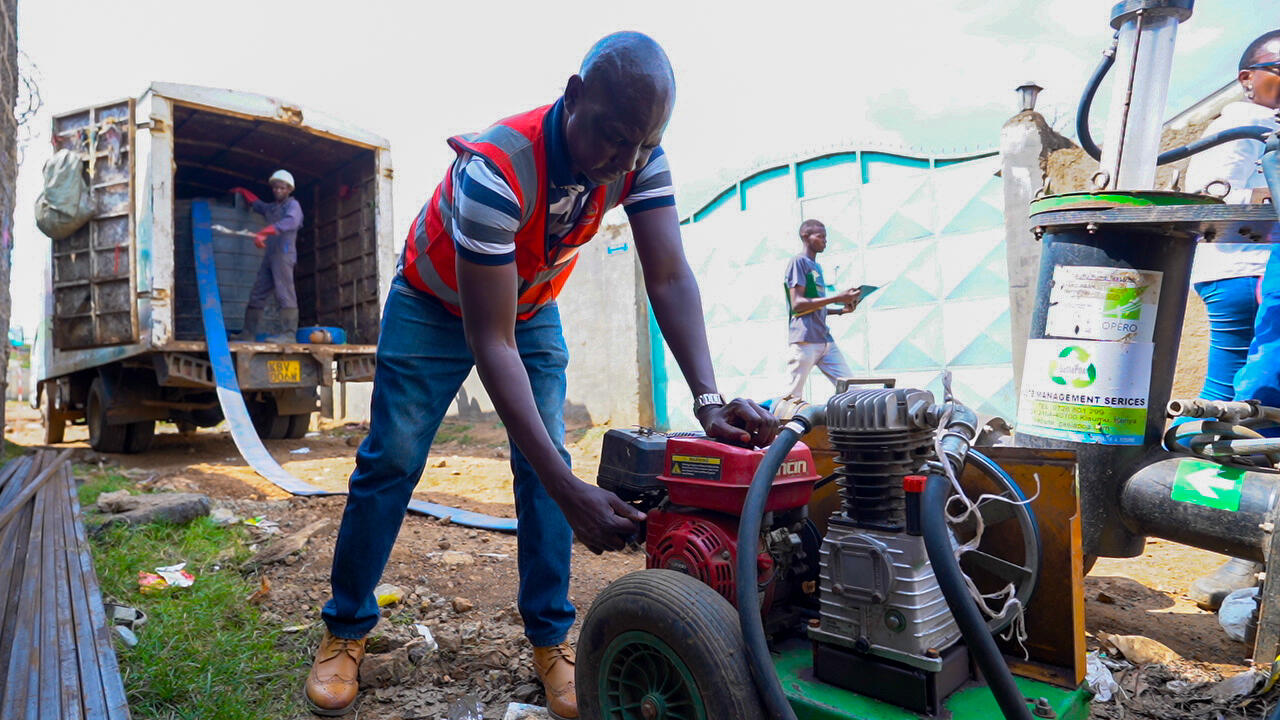
Capital M Kenya: Toward a thriving national menstrual health market
Kenya is a priority country for SHF’s global menstrual health initiative, Capital M. To date, SHF has supported the Government of Kenya’s efforts to build investment readiness through the development of an investment case, and an analysis of public reform opportunities for menstrual health.
The SHF-developed Menstrual Health Market Maturity Framework (MHMat) serves as a key tool in this process, providing in-depth market insights and highlighting areas for intervention.
...Read more
Capital M Kenya: Toward a thriving national menstrual health market
Kenya is a priority country for SHF’s global menstrual health initiative, Capital M. To date, SHF has supported the Government of Kenya’s efforts to build investment readiness through the development of an investment case, and an analysis of public reform opportunities for menstrual health.
The SHF-developed Menstrual Health Market Maturity Framework (MHMat) serves as a key tool in this process, providing in-depth market insights and highlighting areas for intervention.
SHF is also working with partners such as the Reproductive Health Supplies Coalition (RHSC) to improve data transparency on menstrual health supply chains. This is alongside ongoing efforts, including with the Swedish Institute for Standards (SIS), to ensure the Kenyan Bureau of Standards (KEBS) actively participates in the ongoing development of global menstrual product quality standards under ISO/TC 338.
A national convening in MONTH, co-hosted with UNFPA, will bring together KEBS, government representatives, UN agencies, NGOs, consumer interest groups, and the private sector to address regulatory challenges and strengthen Kenya’s role in global standardization efforts.
Finally, SHF has launched an East Africa wide program funded by the Gates Foundation called Menstrual Health Markets Support Program for Small and Medium Enterprises (SMEs) with Kenya as the host country and companies from across East Africa. Through this program SHF aims to expand the number of companies offering novel menstrual products in LMICs.
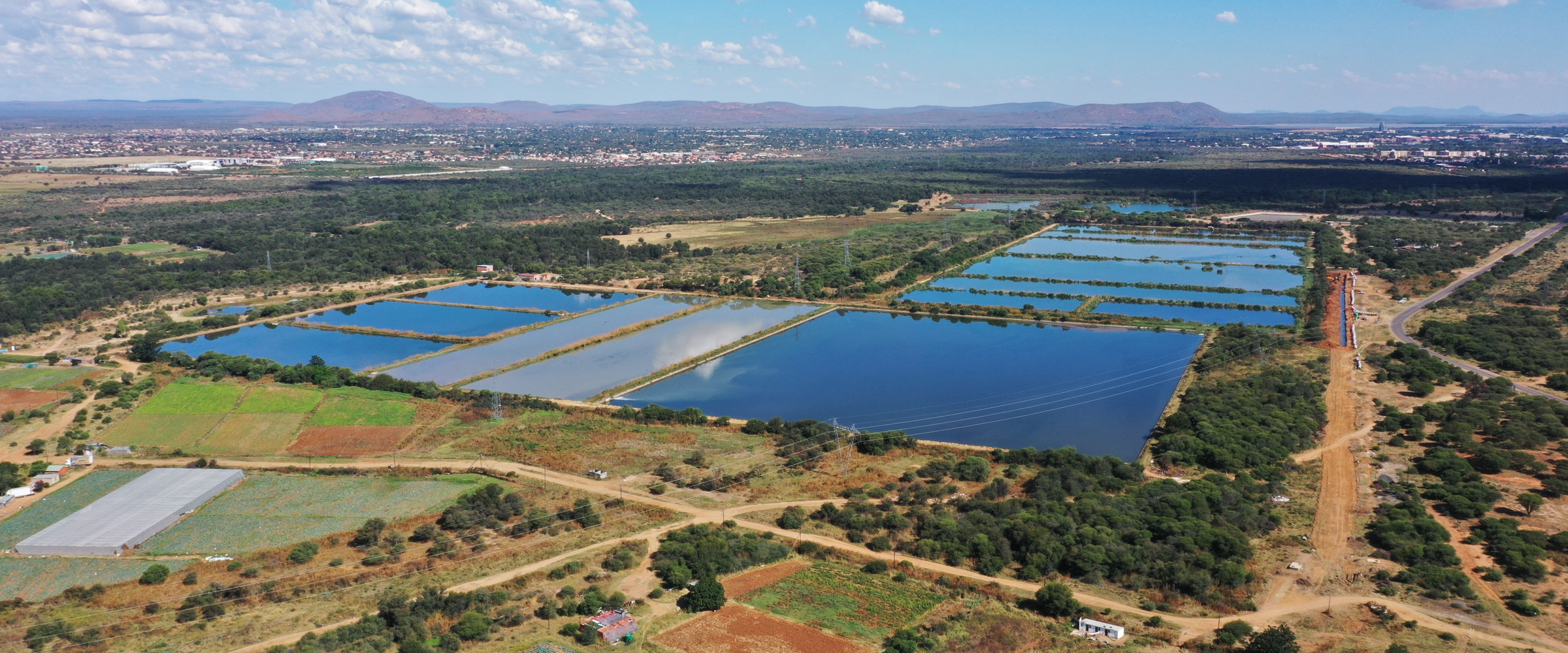
Latest News
Key Resources |
|

